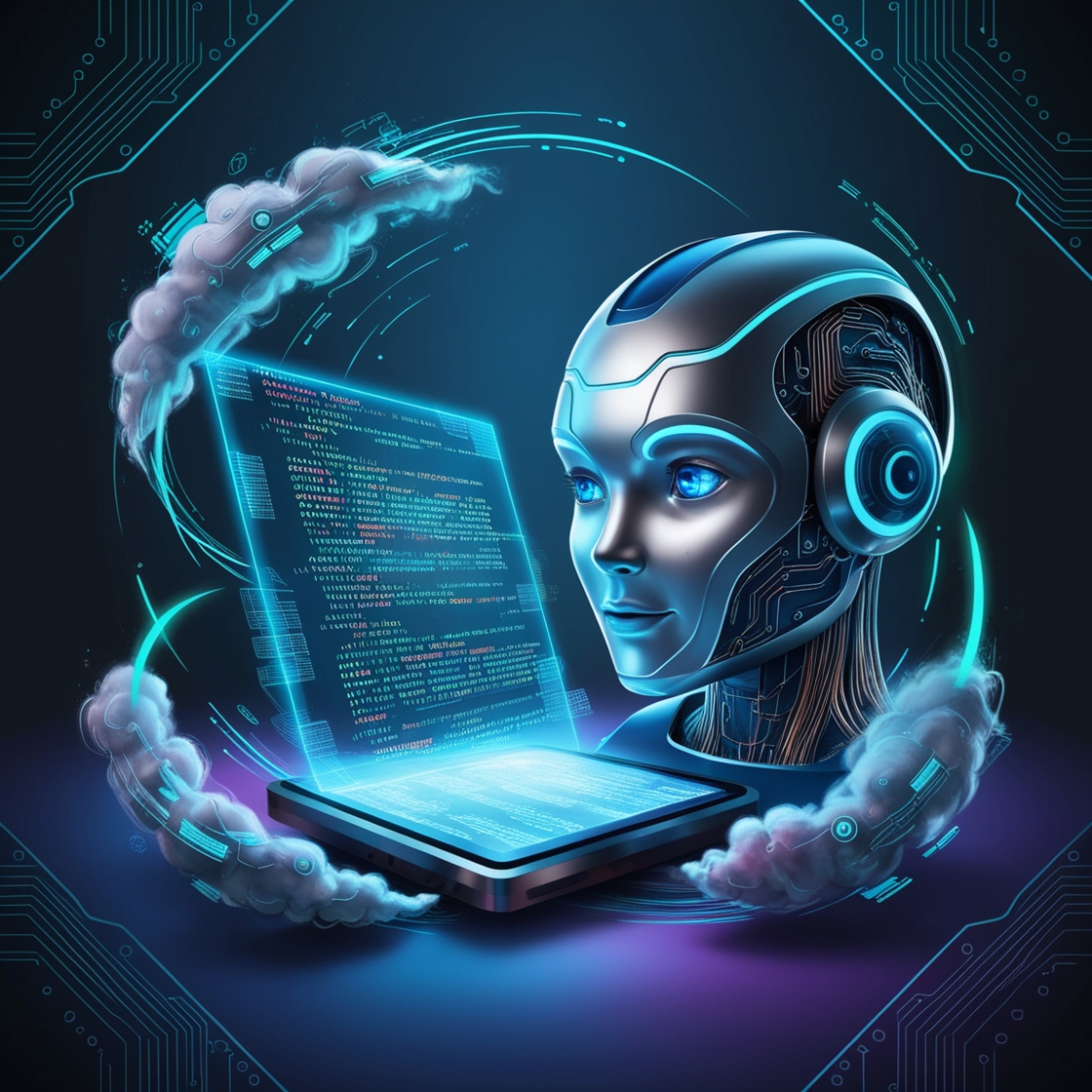Introduction
Debugging and testing are often the unsung heroes of software development. Without them, even the most beautifully crafted code can fall apart. Traditional methods, while effective, can be painstakingly slow and often prone to human error. Enter artificial intelligence (AI), a game-changer in the field. AI is not just a buzzword; it’s a powerful ally that is transforming the way we debug and test software. In this article, we’ll explore how AI is revolutionizing these processes, making them faster, more accurate, and ultimately, more efficient.
What is Code Debugging?
Before we dive deeper into the AI revolution, let’s clarify what code debugging is. Simply put, debugging is the process of identifying, analyzing, and removing errors from code. It’s crucial for ensuring that software performs as intended. However, it’s not always a walk in the park. Developers often face challenges like elusive bugs that seem to hide in the shadows, time-consuming manual processes, and the pressure to meet tight deadlines.
The Role of AI in Debugging
So, how does AI fit into this picture? AI tools leverage machine learning algorithms to analyze code and identify bugs that might otherwise go unnoticed. Imagine having a super-smart assistant who can sift through mountains of code in a fraction of the time it would take a human. These tools learn from past errors and continuously improve their detection capabilities, making them increasingly efficient over time.
AI-Driven Testing Methods
When it comes to testing, AI isn’t just a helpful addition; it’s a game-changer. From unit tests to integration tests, AI enhances various types of testing. Automated testing processes powered by AI can run numerous scenarios simultaneously, ensuring comprehensive coverage without the need for human intervention. This not only speeds up the testing phase but also reduces the likelihood of missing critical bugs.
Benefits of AI in Debugging and Testing
The advantages of integrating AI into debugging and testing are manifold. For starters, AI dramatically increases the speed of these processes. What used to take hours or even days can now be accomplished in minutes. But speed isn’t the only benefit. AI also enhances accuracy, minimizing the risk of human error. This reliability is crucial in today’s fast-paced development environment, where even a small oversight can lead to significant issues.
AI-Powered Tools for Debugging
Numerous AI-powered tools are available today, each with unique features tailored to different needs. Tools like DeepCode, Snyk, and Bugspot leverage AI to analyze code and suggest fixes. They help developers pinpoint vulnerabilities and improve code quality, making debugging a less daunting task.
Comparison of Features
- DeepCode: Offers real-time feedback and suggests code improvements.
- Snyk: Focuses on identifying and fixing security vulnerabilities.
- Bugspot: Utilizes AI to prioritize bugs based on their potential impact.
Case Studies: Success Stories of AI in Debugging
Company A: Improving Turnaround Time
Consider Company A, which integrated AI tools into its debugging process. Within weeks, they reported a 40% reduction in turnaround time for bug fixes. Developers spent less time searching for errors and more time building new features.
Company B: Reducing Error Rates
Similarly, Company B leveraged AI to enhance its testing procedures. They found that their error rates dropped by nearly 50%, allowing for faster releases without compromising quality. The success stories are numerous, showcasing the potential of AI in real-world applications.
The Future of AI in Software Development
What does the future hold for AI in software development? Predictions suggest that as AI technology advances, its capabilities will become even more sophisticated. We might see deeper integrations of AI into the development process, where it not only assists with debugging and testing but also helps with code generation and design.
Challenges and Limitations of AI in Debugging
Despite its many benefits, relying on AI isn’t without challenges. One concern is the potential for over-reliance on AI tools, which might lead to complacency among developers. Additionally, fears about job displacement loom large in discussions about AI’s role in the workforce. It’s crucial to strike a balance between leveraging AI and maintaining essential human oversight.
Conclusion
In conclusion, AI is indeed revolutionizing the world of code debugging and testing. By enhancing speed, accuracy, and efficiency, it empowers developers to create better software faster. As technology continues to evolve, embracing AI in software development is not just beneficial—it’s essential. The landscape of debugging and testing is changing, and those who adapt will undoubtedly lead the way.
FAQs
What is the best AI tool for debugging?
There isn’t a one-size-fits-all answer, as it depends on your specific needs. However, tools like DeepCode and Snyk are highly regarded in the industry.
How does AI improve software testing accuracy?
AI algorithms analyze patterns in past errors, learning from them to identify potential issues more accurately in the future.
Can AI completely replace manual testing?
While AI can significantly enhance testing, manual testing remains essential, especially for exploratory testing and user experience considerations.
What are the limitations of AI in debugging?
AI tools can miss context or nuances that a human developer might catch. Additionally, reliance on AI can lead to complacency in coding practices.
How is AI expected to change software development in the future?
AI is likely to become more integrated into all stages of software development, assisting not only with debugging and testing but also in code generation and project management.
